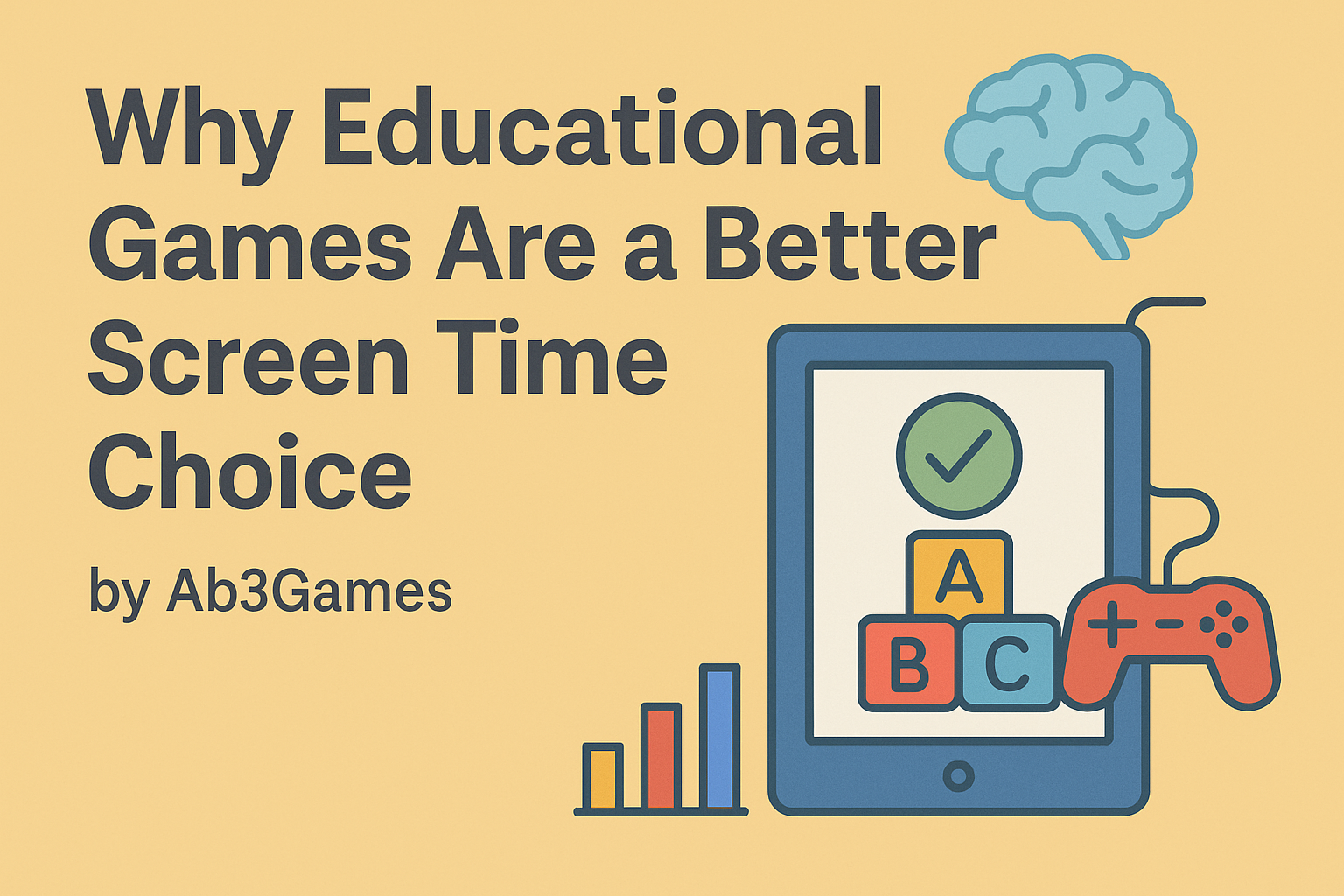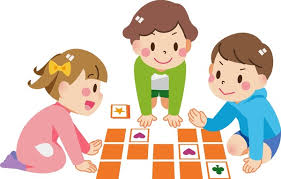🎮 Introduction
In today’s digital age, screens are everywhere—TVs, tablets, phones, and computers. For
parents, managing screen time can feel like a daily battle. But not all screen time is created
equal. While passive entertainment like endless cartoon marathons or mindless video scrolling
may hold your child’s attention, it doesn’t always help them grow.
Enter educational games.
These interactive, skill-building games turn screen time into learning time—without your child
even realizing it.
Let’s explore why educational games are one of the smartest choices you can make for your
child’s screen habits.
🧠 The Power of Play + Learning
Children learn best when they’re engaged, curious, and active participants in the experience.
Educational games check all the right boxes:
● Interactive: Kids click, drag, answer questions, and make decisions
● Reward-based: Progress and levels keep them motivated
● Multi-sensory: Visuals, sounds, and motion help reinforce concepts
Whether it’s phonics, math, or critical thinking, these games make abstract concepts fun and
digestible.
🎯 Benefits of Educational Games
- Boosts Focus and Attention
Games require players to complete tasks, follow instructions, and reach goals—improving
mental stamina. - Encourages Problem-Solving
From puzzles to coding adventures, games train your child to think logically and make smart
decisions. - Supports School Learning
Games that align with curriculum topics can reinforce what your child is already learning in
school—without feeling like homework. - Enhances Digital Literacy
Navigating game interfaces improves comfort with technology, menus, and decision-making in
digital environments. - Builds Confidence
Progress tracking and in-game achievements help children feel accomplished and independent.





